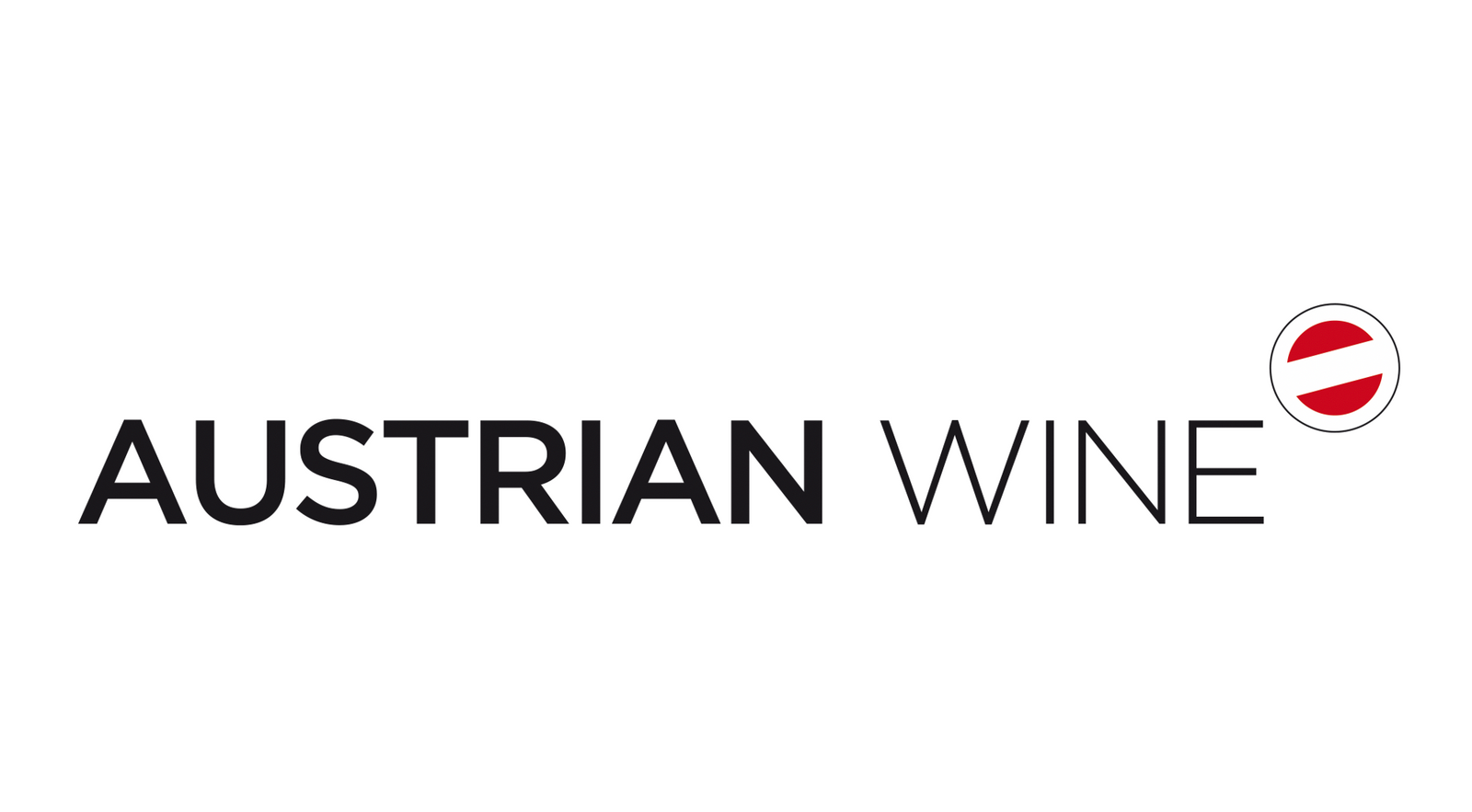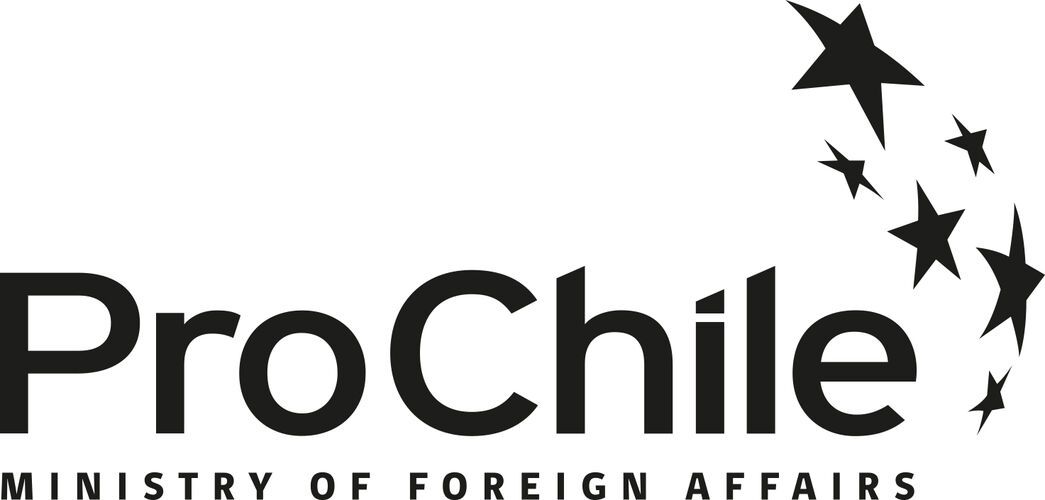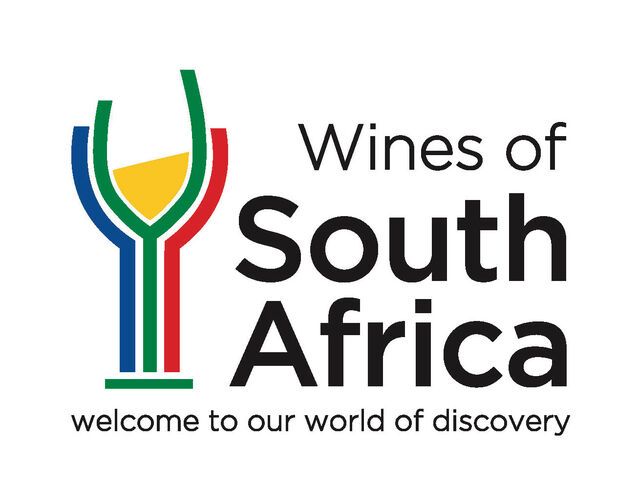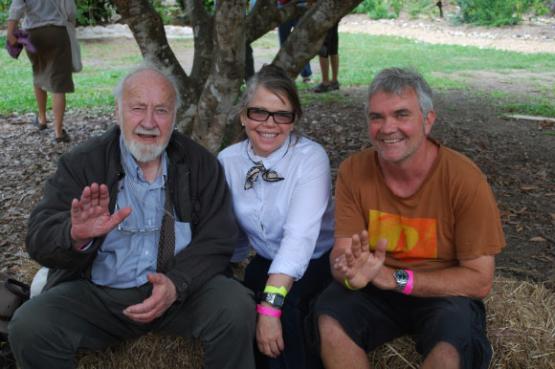Why organics isn't enough
5 min read
with
VinNatur Grower Association
Stefano Amadeo Agronomic research & consultancy
Description
Sharing the conclusions of a 10-year vineyard research project monitoring insect populations, flora, fauna & soil biodiversity in natural wine producing vineyards.
VinNatur was founded in 2006 with the aim of using the profits from organising wine fairs to finance research projects with experts in their field of viticulture and vinification. In 2021, there are approximately 200 grower-members, in 10 different countries, mainly Italy.
10 years ago, the VinNatur Association launched a collaboration with Vitenova Vine Wellness – a team of agronomists, botanists, biologists, and entomologists based in Friuli. The project started as a series of analyses of the soil but soon expanded to include the other essential elements in the vineyard.
Now the scope is to monitor not only the composition and fertility of soils, but also the population of insects and the biodiversity of spontaneous plants present in the vineyards. The results get compared year-on-year and to other wineries in the Association. The role of the agronomists is to understand why differences – sometimes significant - occur. During the talk, we will give practical examples of these.
Ultimately, the Vitenova team help decipher the real impact that a grower’s vineyard management style has had on that particular vineyard in that year and how the grower could improve. A decade of data collection and analysis has provided illuminating results, which Vitenova & VinNatur will help decipher in this talk.
VinNatur
Grower Association
The goal of the VinNatur association is to unite winemakers, giving each of them greater strength, awareness and knowledge by sharing experiences, studies and research. VinNatur was founded in 2006 by Angiolino Maule in Italy. Today, there are over 180 winemaker-members from 10 different countries.
VinNatur organises two or three events per year and with the profits, the association commissions scientists to find explanations and solutions to some of the common problems that occur in organic agriculture and winemaking without entrants or additives. VinNatur aims to preserve the individuality of wine, from the homologation that chemistry, technology and industrialisation have brought about.
Since 2007, VinNatur analyses a wine from each of their members for pesticide residue. This was a very important step because, even though it hasn’t always been popular with producers, it is a guarantee for the consumer.
However, it’s not enough. In 2016, VinNatur members voted and approved a charter, far more rigorous than organic reglementation, which sets out what are or are not allowed practices and products during the viticulture and the vinification. Members are now subject to third-party inspections to check that they comply with the charter.
To resume, the association invests its own resources to provide the winemaker with the tools to improve and to provide the consumer with the reassurance that the wine in their glass is salubrious, appetising and free from pesticides. We promote scientific research and diffuse knowledge of natural and innovative techniques amongst the members. To grow together.https://www.vinnatur.org/

Stefano Amadeo
Agronomic research & consultancy
Vitenova Vine Wellness is the agronomic consultancy company for wineries. We are a team of agronomists, biologists and naturalists who collaborate to assist wine estates in their production according to standards of respect and environmental sustainability.
We operate in Italy and abroad in order to develop tailor-made solutions for wineries, to safeguard and enhance their heritage, made up of land, vines and biodiversity: only in this way it is possible to obtain the best results in terms of quantity and quality.
The path we propose aims to analytically identify the characteristics of the land, the vines and the agro-ecosystem, the so-called wineries’ terroir, to correctly guide the agronomic choices from the plant to the management of the vineyard.
To further examine some agronomic and environmental topics, we are collaborating with universities, research institutions and highly specialized laboratories for several years.
When each element of an ecosystem is in balance, even if it’s dynamic by its nature, a state of harmony is obtained, which affects the well-being of the vine and therefore the quality of its production.
Analyzing every single element to define the essence and peculiarity of the territory means enhancing it as a whole.
THE TEAM
We are a group of naturalists, agronomists and biologists: we work throughout the country to assist wine producers and their wine estates, as well as farmers to cultivate in harmony with nature.
ABOUT STEFANO
Stefano Amadeo was born in Trieste in 1976 into a family of agronomists and naturalists. He graduated in Agricultural Science and Technology (specialization in Biotechnology) at the University of Udine in 2003.
In 2007, Stefano became the agronomic manager of Jermann, one of the most important Italian wineries, with vineyards in Italy and abroad. He held that post for 10 years, during which he dealt with the cultivation of the vine in all its phases, both from a technical-scientific and operational point of view. In 2011 he decided to ban the use of herbicides and from 2013 he undertook an innovative path of evaluation and interpretation of the spontaneous flora of the vineyards, revolutionizing the management of the wineries’ grassing.
The intense motivation to continue broadening the horizons of his agronomic activity led him in 2017 to join his path with that of Stefano Zaninotti, with whom he shares a holistic vision of agronomy, becoming a partner and administrator of Vitenova, a company of agronomic consultancy (founded in 2008 by Zaninotti himself) which collaborates with Italian and foreign wineries.
For years, he has been teaching and coaching activities for wineries, organizations and technicians in collaboration with various Italian institutions and associations, like VinNatur, on issues related to sustainable and low-impact viticulture.
In the last few years, he focuses in particular on issues concerning alternatives to chemical weeding, grassing, the biological and integrated management of pests and plant diseases, the study and improvement of the biological fertility of soils and botanical-entomological biodiversity, as well as that of agronomic management in wineries and conservative pruning techniques.

#rawwineALIVE
In partnership with





